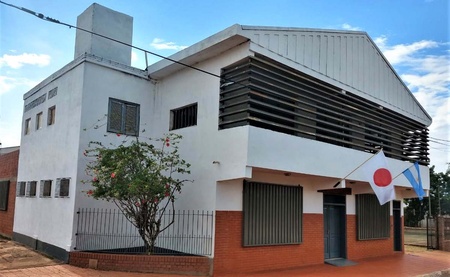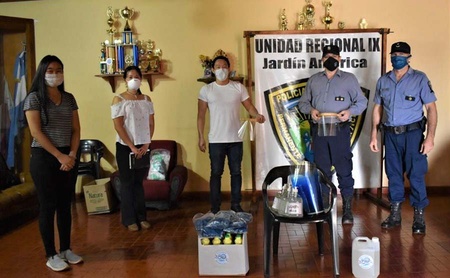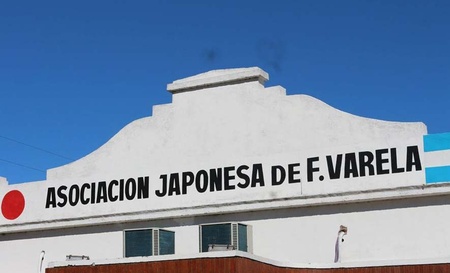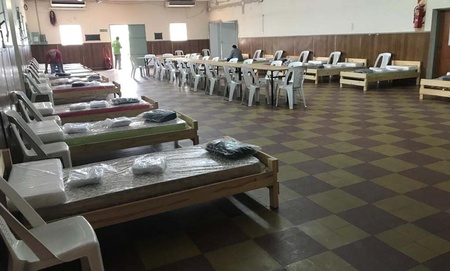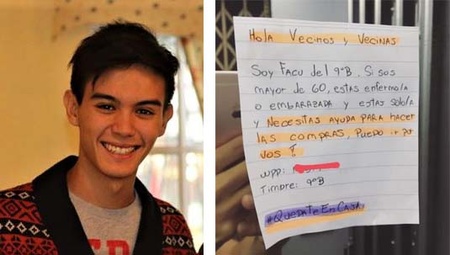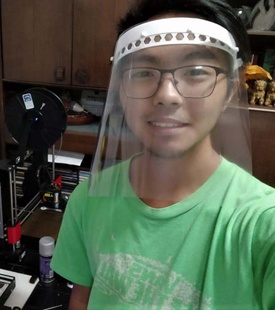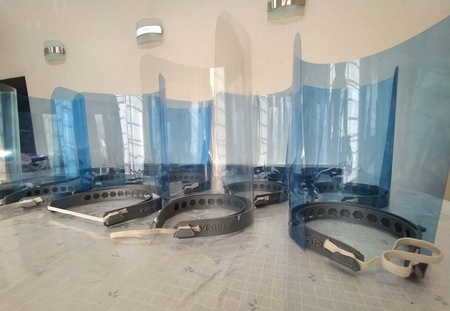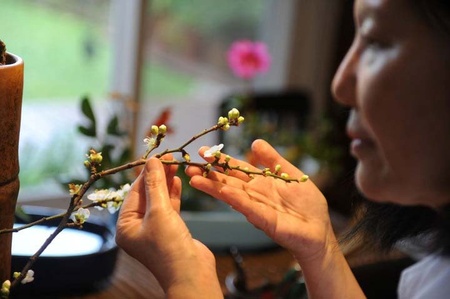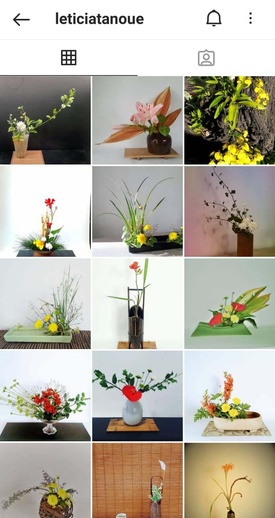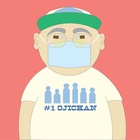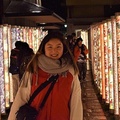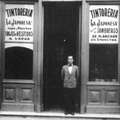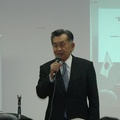Solidarity is a fundamental human value in our lives and more so, in times of crisis like the ones we are experiencing in the face of the pandemic around the world.
We live in a unique moment in these modern times, a time where the Japanese community in Argentina has also committed itself to fight against the common enemy: the new coronavirus, with its impacts on health and society.
Faced with this delicate context, solidarity and creativity emerge as the main weapons of anonymous heroes as contagious as the virus we suffer from.
In this note we present five cases that demonstrate how the Nikkei are really involved and contributing to alleviating fears, anguish and needs, with valuable actions and gestures.
* * * * *
JAPANESE ASSOCIATION UPPER PARANA
The Japanese Association of Alto Paraná is located in the Garden City of America in the province of Misiones and has 170 members. Among the main activities, the Japanese language is taught and taiko is practiced. Additionally, annually the entity participates in the Provincial Collective Festival.
Given the appearance of the coronavirus, members of the Nikkei institution carried out a survey in all entities and with the city authorities analyzed their needs and how they could help them.
Finally, among the members of the Japanese Association, they made acetate masks, face masks and friseline nightgowns, hats and boots to prevent the spread of the virus. Thus, together, it was possible to make a donation of 200 acetate masks, 400 face masks, sets of surgical equipment (non-woven gowns, hat, boots) and 35 liters of alcohol and 120 units of bleach.
There were seven entities from Ciudad Jardín América that received these elements: regional police station, women's police station, regional unit IX, hospital, gendarmerie, volunteer firefighters and the primary health care center.
* * * * *
JAPANESE ASSOCIATION FLORENCIO VARELA
The Florencio Varela Japanese Association is one of the most important institutions of the Japanese community in the south of the province of Buenos Aires. Located in the Buenos Aires district of Florencio Varela, it plays an important role in the dissemination of Japanese culture in its city.
It also stands out for its important infrastructure: a large sports field, classrooms, an assembly hall and a sports center. Precisely, its great contribution to the complex health emergency situation was to interrupt all its activities and transfer the facilities to the Municipality of Varela to convert it into a hospitalization center for Covid-19 cases and a vaccination center for the citizens of the area.
Without a doubt, this action contributed to relieving public congestion in municipal structures saturated in the face of the health emergency.
* * * * *
FACUNDO NIIZAWA
We can also cite individual Nikkei solidarity actions, such as that of Facundo Niizawa (22 years old) who posted a poster in the elevator of his building to offer help to older adults who need it to protect them from the coronavirus.
Seeing the positive reactions of his neighbors, he redoubled the bet by taking a photograph of the poster, posting it on Instagram and creating a challenge to spread solidarity. The action went viral and they immediately began to receive photos of people putting themselves at the service of the people in their buildings. This time the contagion of solidarity won over the virus.
* * * * *
NAHUEL NAWI MURAKOSHI
Nahuel Nawi Murakoshi (21) is a young architecture student and origami lover. Having a 3D printer, on his own initiative and in order to collaborate, he began to make facial protection masks for the health personnel at the neighborhood hospital. Through the networks he asked people to collaborate by contributing the supplies he needed: acetate, x-rays, elastics and filaments to be able to print. The supportive response was immediate and moving, everyone wanted to collaborate. At the peak of production, he made masks 24 hours a day. of the day (24 masks daily, taking into account that their production requires 1 hour for each one).
The demand was such that he involved his entire family in different logistical and organizational tasks, as well as the help and support of supportive friends.
* * * * *
LETICIA TANOUE
The pandemic caused us to momentarily change the routine and habits of our lives. And without a doubt all this affected our spirits.
Leticia Tanoue, teacher and passionate about Ikebana, found through this discipline to help and sustain many people in their emotional state.
Since the beginning of the pandemic and in quarantine, she dedicated herself to making a floral arrangement every day and uploading it to her networks accompanied by a haiku (Japanese poetry) of encouragement.
The impact of this solidarity action grew as the days passed in confinement. The demand for requests to receive the arrangements and the poems forced her to create different WhatsApp groups for a better and orderly distribution.
Leticia reflects on this: “In the face of situations of this severity, there is a relationship between activities that generate joy, optimism or that improve people's defenses. The motivation is to be able to provide and help. Positive responses, of gratitude, of joy, also feed back into one's spirit and heart."
© 2021 Ricardo G. Hokama


